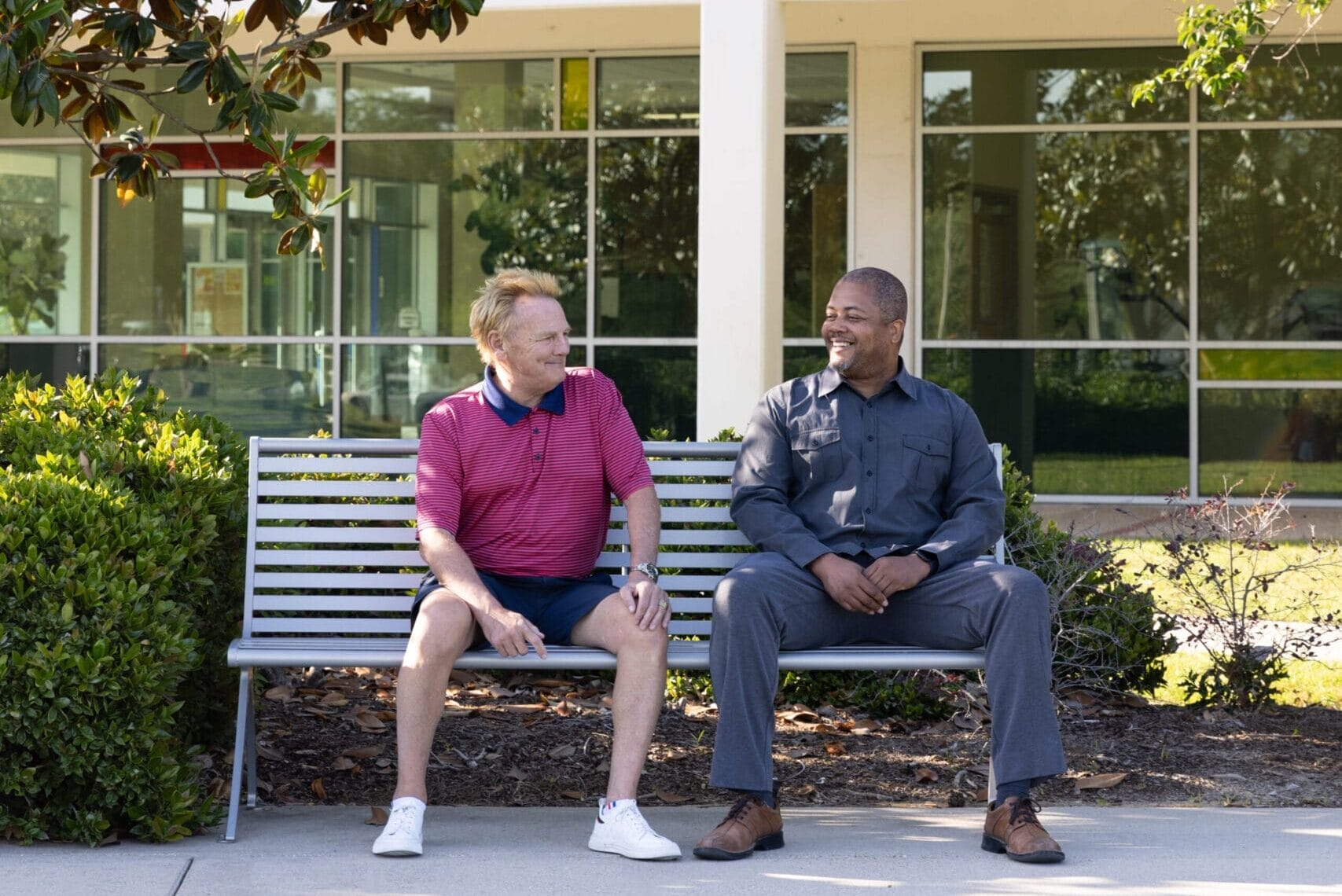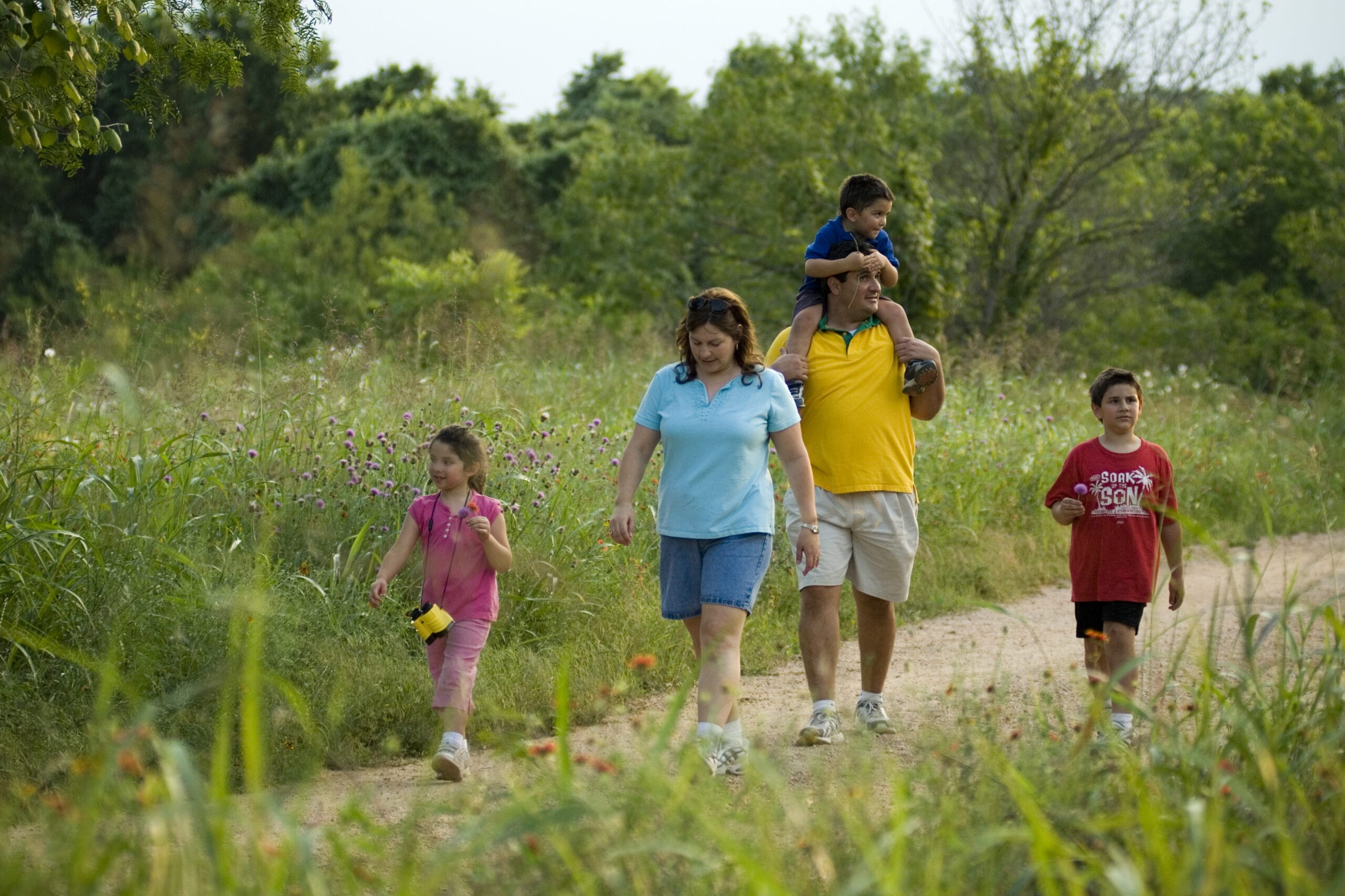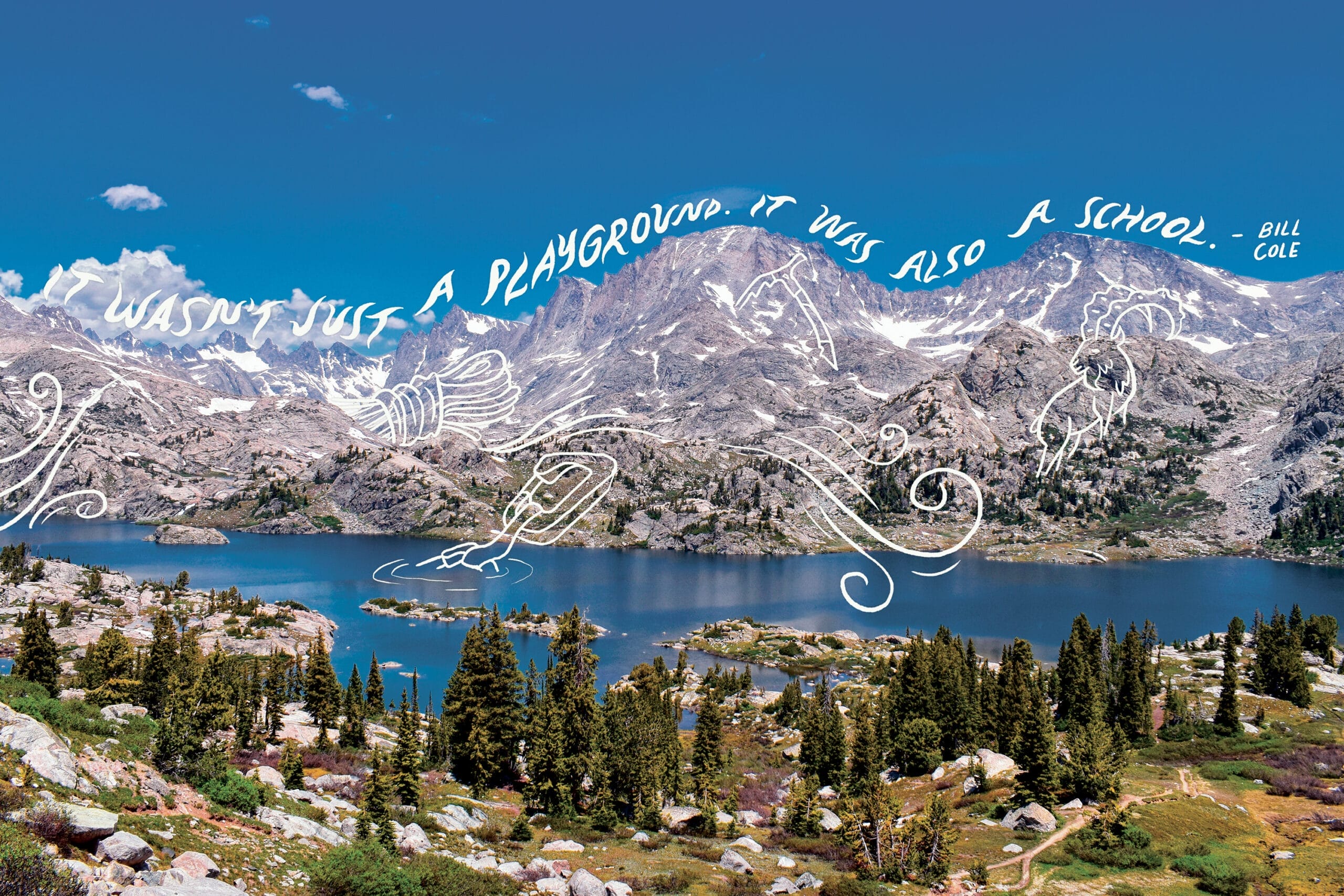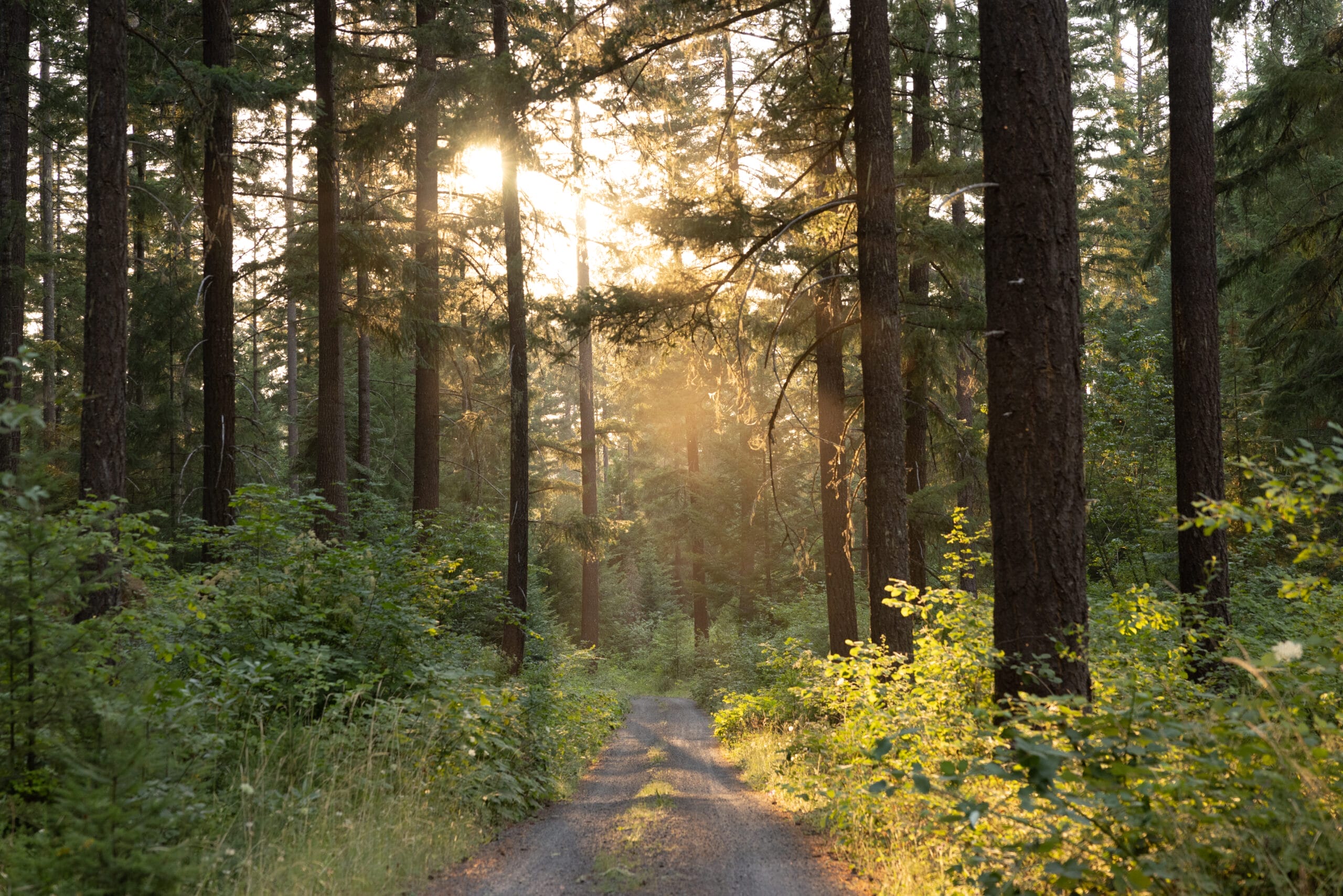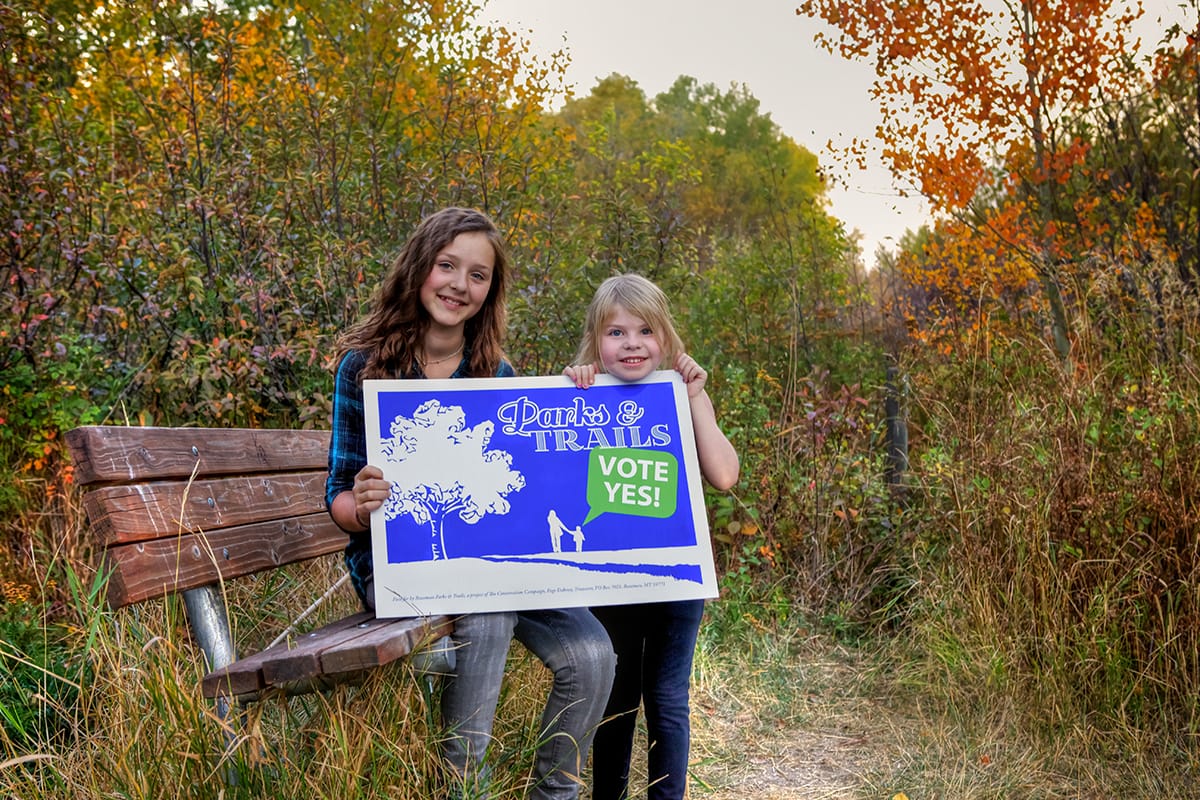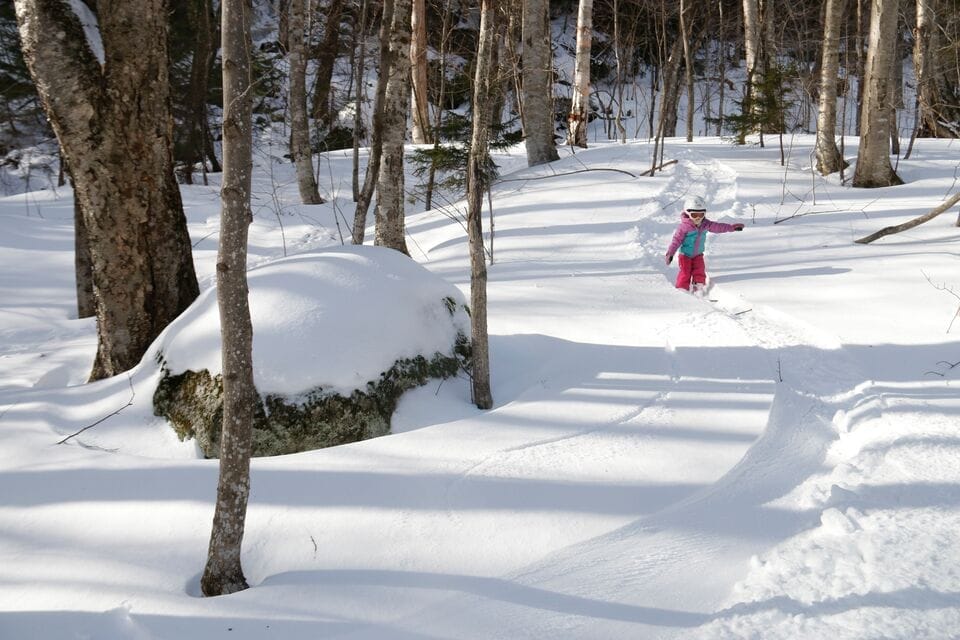
Four letters you should know
Four letters you should know
Ok, so no one likes unraveling acronyms. But if you care about getting outdoors, this one should be on your radar. Ready? L-W-C-F.
It stands for the Land and Water Conservation Fund, and it’s the budgetary lifeblood for parks and open space in the United States. Established by Congress 50 years ago, it aims to protect the nation’s most iconic landscapes—and expand access to outdoor recreation—without taxing everyday Americans.
Instead, LWCF uses a portion of oil companies’ revenue from offshore drilling to support public lands and outdoor recreation: everything from cultural landmarks to the forests and lakes where families go to camp, hike, fish, and explore. Makes sense—especially since research shows that every $1 in spending from the fund returns $4 to the economy. But over the fund’s history, politicians have diverted billions of dollars to other purposes. And this year, unless Congress votes to renew it, the Land and Water Conservation Fund will expire.
The end of LWCF would have serious consequences—not just for the national parks we all treasure, but for community open space all across the country. Need some examples? Here are some local Trust for Public Land projects made possible by LWCF just this year.
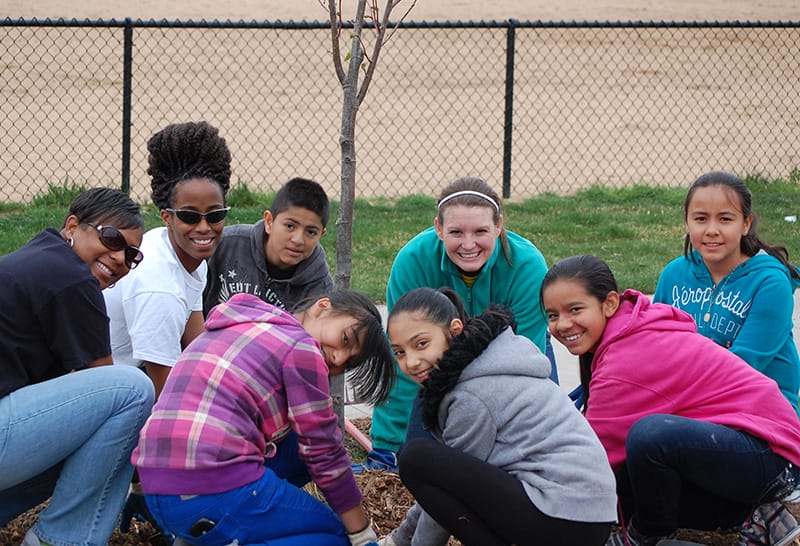
Montebello Open Space Project—Denver, Colorado
The Montbello neighborhood of northeast Denver has never had its fair share of open space. To help change that, we’ve joined local partners to transform a five-acre lot into a new park, complete with walking trails and an education center. Engaging local youth in the effort to restore the native prairie habitat is an exciting opportunity to train the next generation of scientists and environmental stewards.
Johnson Oak Park—Bridgeport, Connecticut
As part of our Parks for People initiative, we’re enlisting the help of local students to transform this barren park and schoolyard in Bridgeport’s underserved East End. A participatory design process means that the community decides what features work best to create a safer, greener, and more inviting place to play.
Proctor Creek Park—Atlanta, Georgia
The Land and Water Conservation Fund will support site cleanup and landscaping at Proctor Creek Park, at the heart of an 10,000-acre urban watershed that feeds into the Chattahoochee River. We’re working with neighbors and the city to add transit-accessible green space and boost walkability in communities that today bear the scars of West Atlanta’s industrial past.
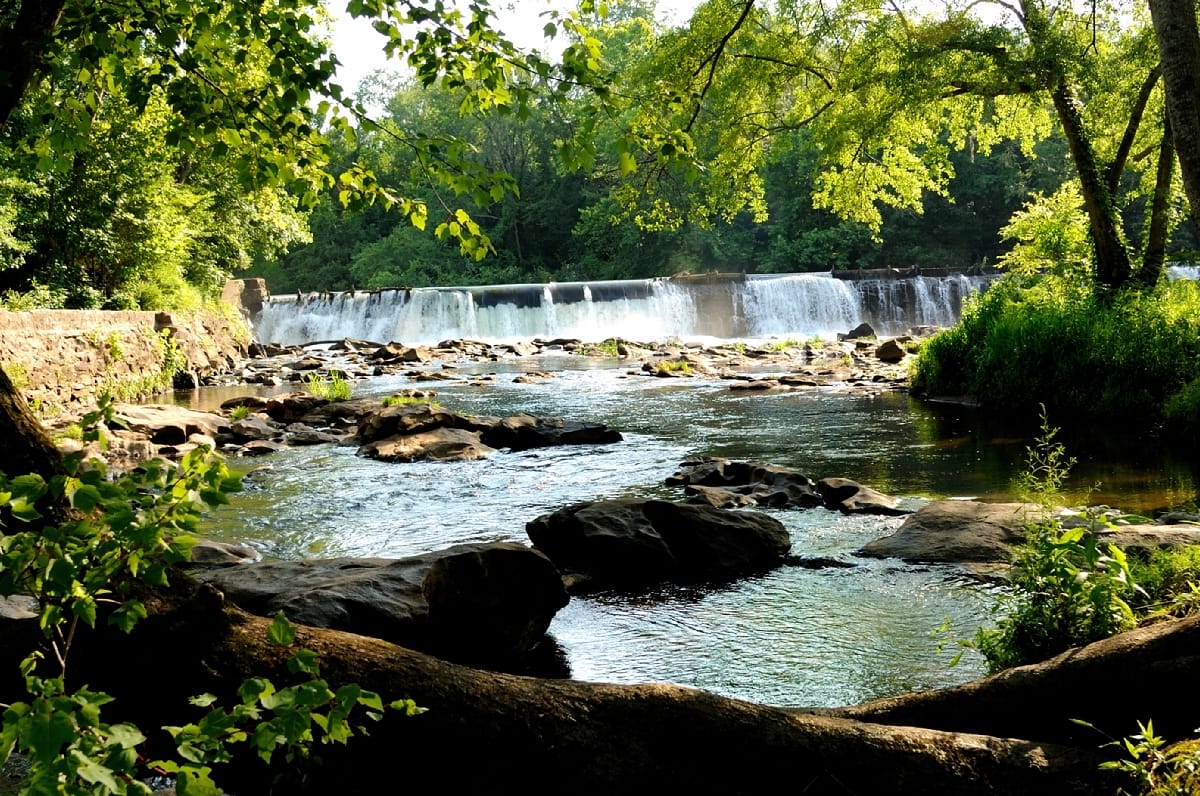
You can help support community projects like these—and protect our public lands for generations to come. Spread the word, sign the petition, and call or write your representatives. Tell them you support the reauthorization of the Land and Water Conservation Fund.
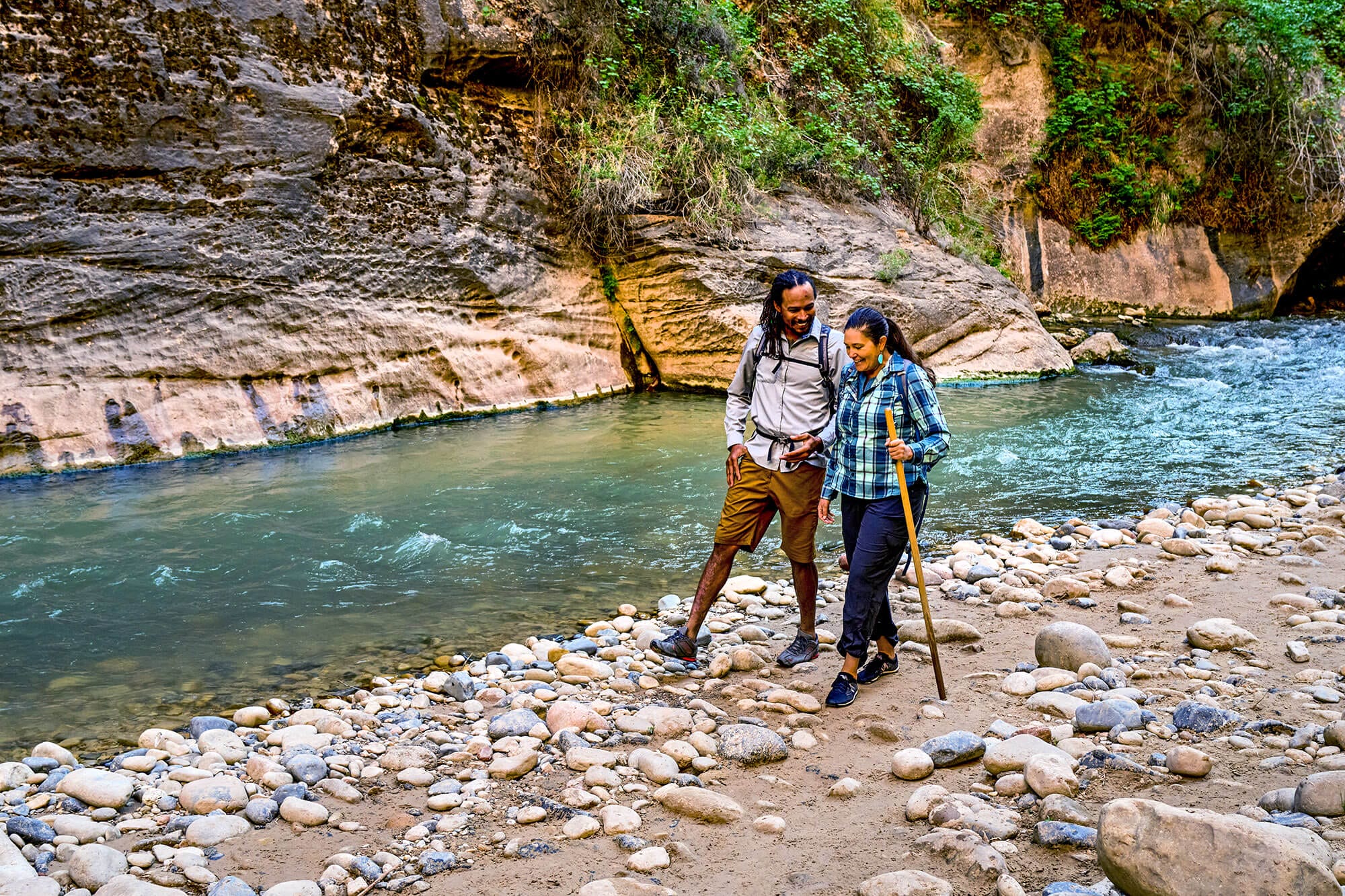
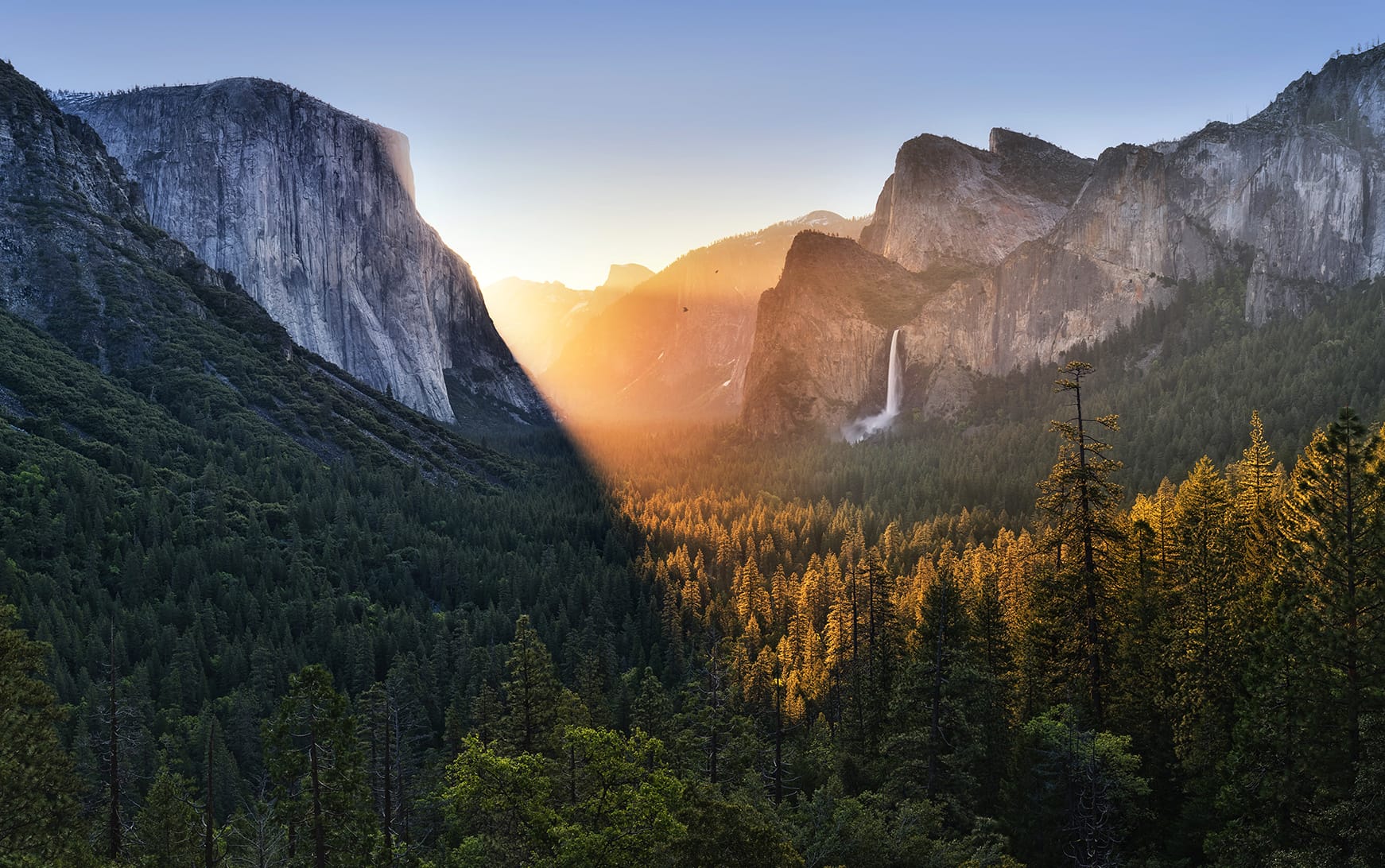
Donate to become a member, and you’ll receive a subscription to Land&People magazine, our biannual publication featuring exclusive, inspiring stories about our work connecting everyone to the outdoors.
See how our supporters are helping us connect people to the outdoors across the country.



